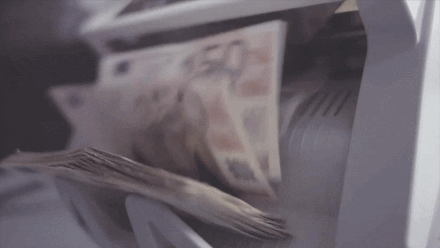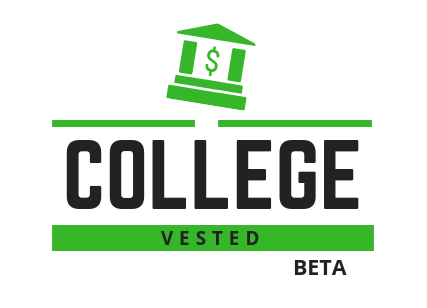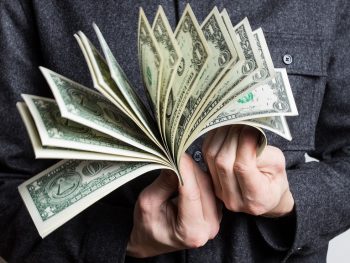Going abroad can seem scary. Handling foreign currency can seem even scarier. You constantly get assaulted by things you never even thought you’d have to consider in the good ol’ U.S. of A. What do you mean, euros come in coins too? Why do the Danes and the Swedes need different kinds of kroners? Why the hell does the money exchange rate seem twice as high than the rate an hour ago? I can barely pay my rent never mind learn the difference between all these currencies.
Alright, you’ve landed in a foreign country or will enter one in a mere few months. You haven’t got the slightest clue what to do with your money. Well don’t worry because once you learn the essentials of money exchange in a foreign country, you can zip in and around your new home like a real local.
With these few tips, you can kiss your fears of foreign money exchange bye-bye.
Don’t Worry Too Much about Making it to the Bank Before you Embark.

To start, put your mind at rest because you don’t have to rush straight to the bank to pull out some euros the moment you get your acceptance letter to your study abroad program. “I didn’t exchange currency when I was here; I did it all when I was abroad,” Tulane University senior Rachel Berwald said. You can put off grabbing the currency of your choice until the very last minute or not do it altogether; many airports have currency–exchange desks for you to swap your American dollars in and out for that country’s cash.
If you felt like I did; however, and would prefer to stock up on a bit of cash before you head across the pond, then take a moment to visit your local bank and kindly ask the teller for a foreign currency order. Certain banks, such as Bank of America and Wells Fargo, allow you to order foreign currency online and pay through credit card.
Fortunately, you don’t have to wait a month or more for your new cash to come; most will arrive within the week depending on the speed of your transaction. “We recommend a week, but it’s usually 48 to 72 hours,” private client banker at Chase Bank Pam Stoll said. “It’s about three days max.” You can then go and retrieve your currency order directly from the closest bank you ordered it from.
What comes next?

Well, if you’d like to consider using a credit or debit card abroad, make sure to let your bank know that you will soon leave the country. Otherwise, you could find yourself barred from making transactions. “Before departing for your summer, semester or year abroad, be sure to notify your bank of all travel plans. The last thing you want is for your bank to place a security block on your debit or credit card while traveling, because they see charges to your card(s) in a foreign location,” Tulane Study Abroad Advisor Julie Gamze said. It also wouldn’t hurt to make photocopies of all your cards as well in case your parents need information and can’t reach you.
If you would like to go the extra mile, apply for a credit or debit card with no international transaction fees. This way, you’ll suffer from far less charges when taking money in and out of your account. “Keep in mind that some banks charge an international transaction fee for using a debit card at an ATM abroad. With that said, it’s advisable to withdraw large sums of cash at once, so that you’re not constantly withdrawing smaller sums that your bank charges fees for,” Gamze said. If you have American Express, consider switching to Visa or MasterCard before you head out. Once you exit America, you’ll find that most countries do not take American Express cards, as the name suggests.
Learn the preferred money usage of each country.

Once you start living abroad like a real pro, you’ll soon pick up on the forms of payment each country prefers to use. For example, European countries usually appreciate the use of credit and debit cards; in South American countries, cash might trump credit. Even if you don’t think you will end up needing it, try to take out a small sum of physical cash in every new country you visit.
On the chance that you run out of cash and need to take a quick trip to an automated telling machine, you can take money out of any ATM as long as you don’t mind the foreign transaction fees. If you have to, try to do it in an area where you feel safe. “I’d go to an ATM in a non-[sketchy] area or go to a bank…I only used the ATMs around [my] school because that was safe,” Trinity University senior Danielle Trevino said. Abide by the normal precautions when you take out the cash as you would in America and try to bring a trusted friend along for the ride.
When you finally finish your program and stock up your gifts to prepare to head back home, you can convert all your stocked-up currency back to American dollars for the ride back. Keep a few coins as souvenirs if you so choose—you’ll look back on them with fond memories and wonder what had scared you in the first place.





